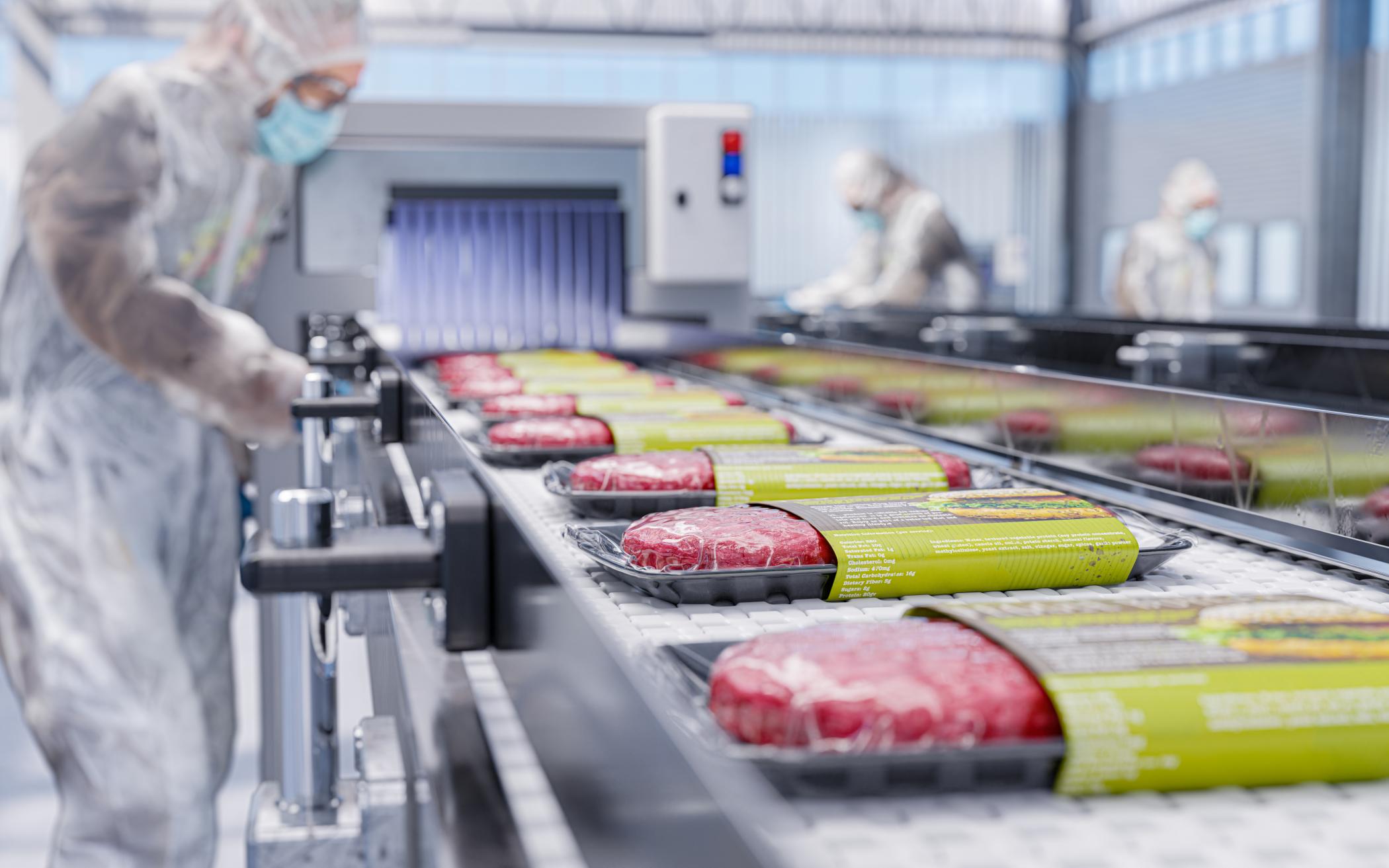Vegan foods better for the planet even when processed, study confirms

A new study published in Nature Communications finds that eating a diet rich in plant-based alternatives like vegan burgers and oat milk is significantly better for the environment than a diet of meat, fish and dairy. The results show that eating these plant-based alternatives reduces greenhouse gas emissions by up to 52% and land use by up to 45%.
Co-author Dr Michael Clark, Director of the Food Programme at the Oxford Smith School of Enterprise and the Environment, comments: “this research provides additional evidence that indicates consuming less meat in high meat consuming countries would be better for the planet. This includes swapping meat for plant-based whole foods, such as beans, as well as meat for meat alternatives such as vegan burgers. Importantly, it also shows how such diet swaps would maintain nutrition outcomes without costing more to consumers.”
The study was conducted in Sweden, which was chosen because of its high consumption of meat, fish and dairy and its growing market of plant-based alternatives – conditions which are similar to the UK and other Northern European countries.
As well as being better for the environment, the study also found that switching to a plant-based diet is better for your health, even if you need to rely on meat and dairy alternatives. This is because a plant-based diet improves dietary intake of iron, fiber, folate, magnesium, polyunsaturated fats, while it reduces intake of saturated fats.
The researchers identified a drawback of processed vegan foods: high levels of salt. They also acknowledge that it is harder for the body to draw nutrients such as iron from plants than from animal foods sources. But this, and the high salt levels, could be solved with further research and product development, says Anne Charlotte Bunge, lead author of the study and researcher at the Stockholm Resilience Centre at Stockholm University.
“We currently see a lot of work on developing a next generation of plant-based alternatives, for example using fermentation practices for processing which improves the bioavailability of nutrients, and there is reason to hope that these will be healthier and even more sustainable than the current ones,” she continued.

